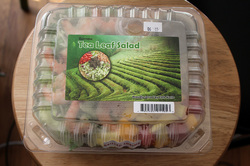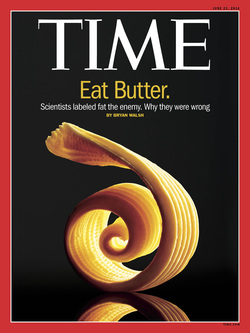"You know you came from it...and someday you'll return to it."
"Dirt" -- Florida Georgia Line

Growing up on a farm, this is something that is pretty obvious to me, but for those who did not have the close connection that I had with the earth beneath my feet, it may not be your first thought when you think of food. But whether you are vegan, omnivorous, or some other label you give yourself - no matter what your diet is like - everything that you eat at one time, in some form, came from the soil.








 RSS Feed
RSS Feed